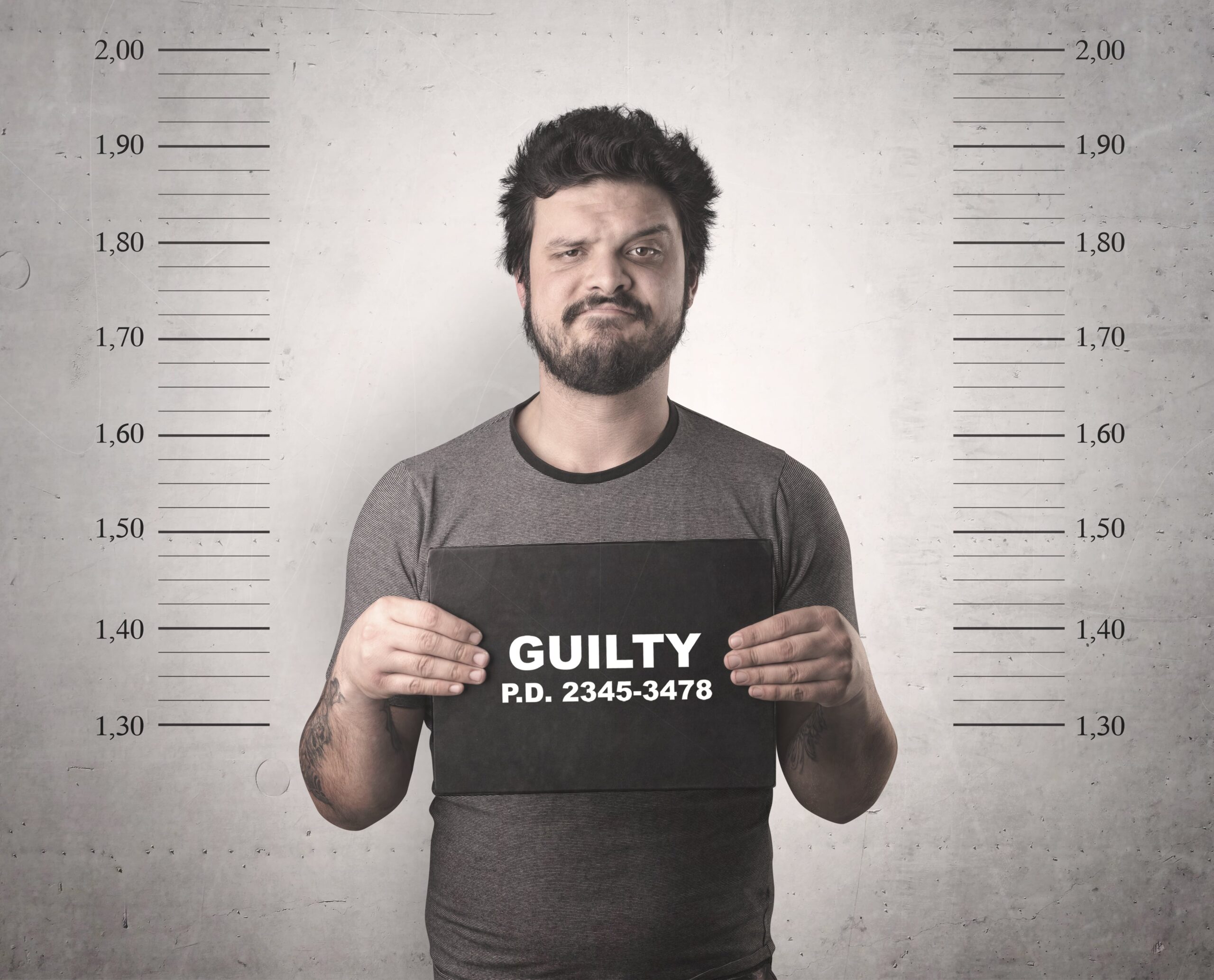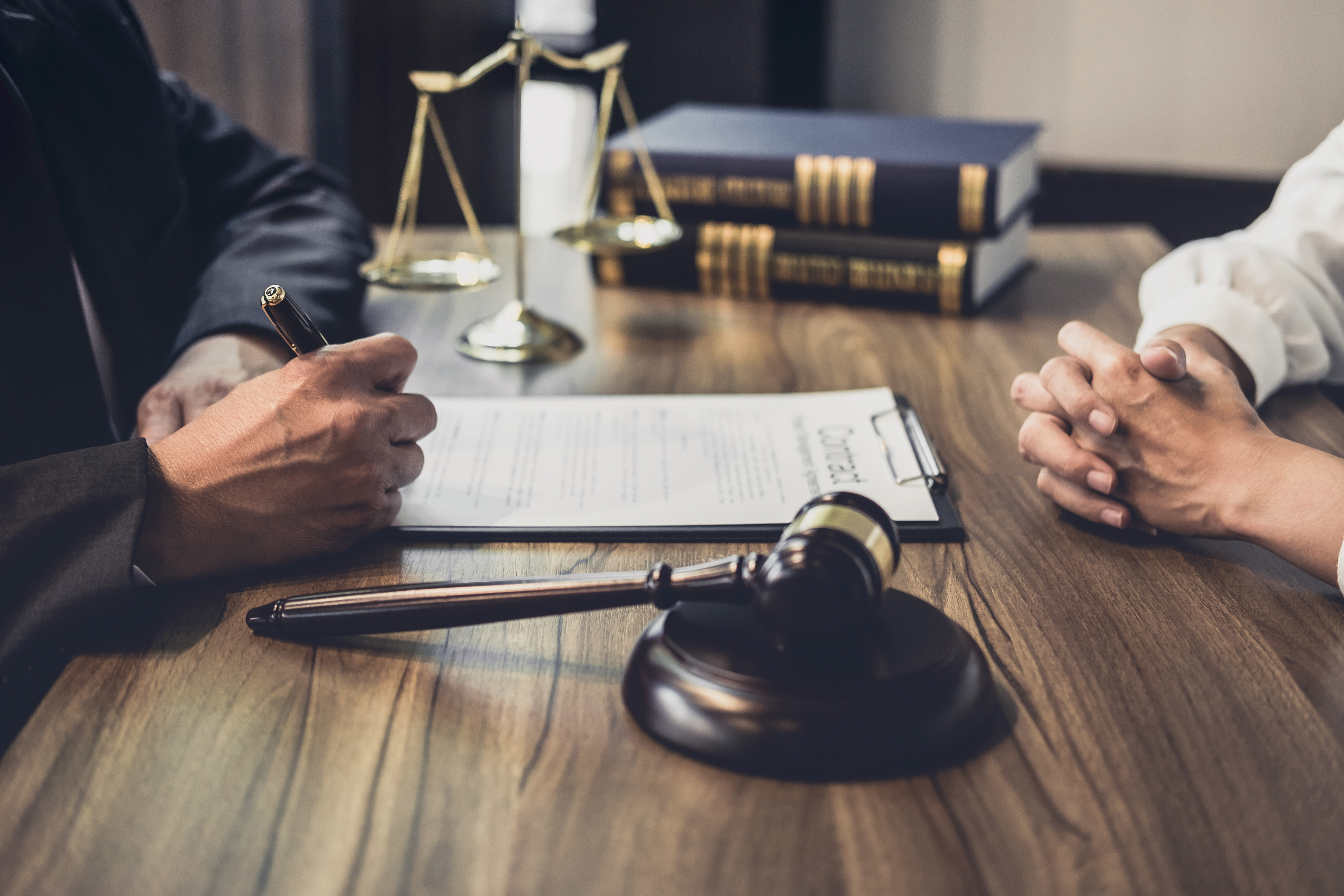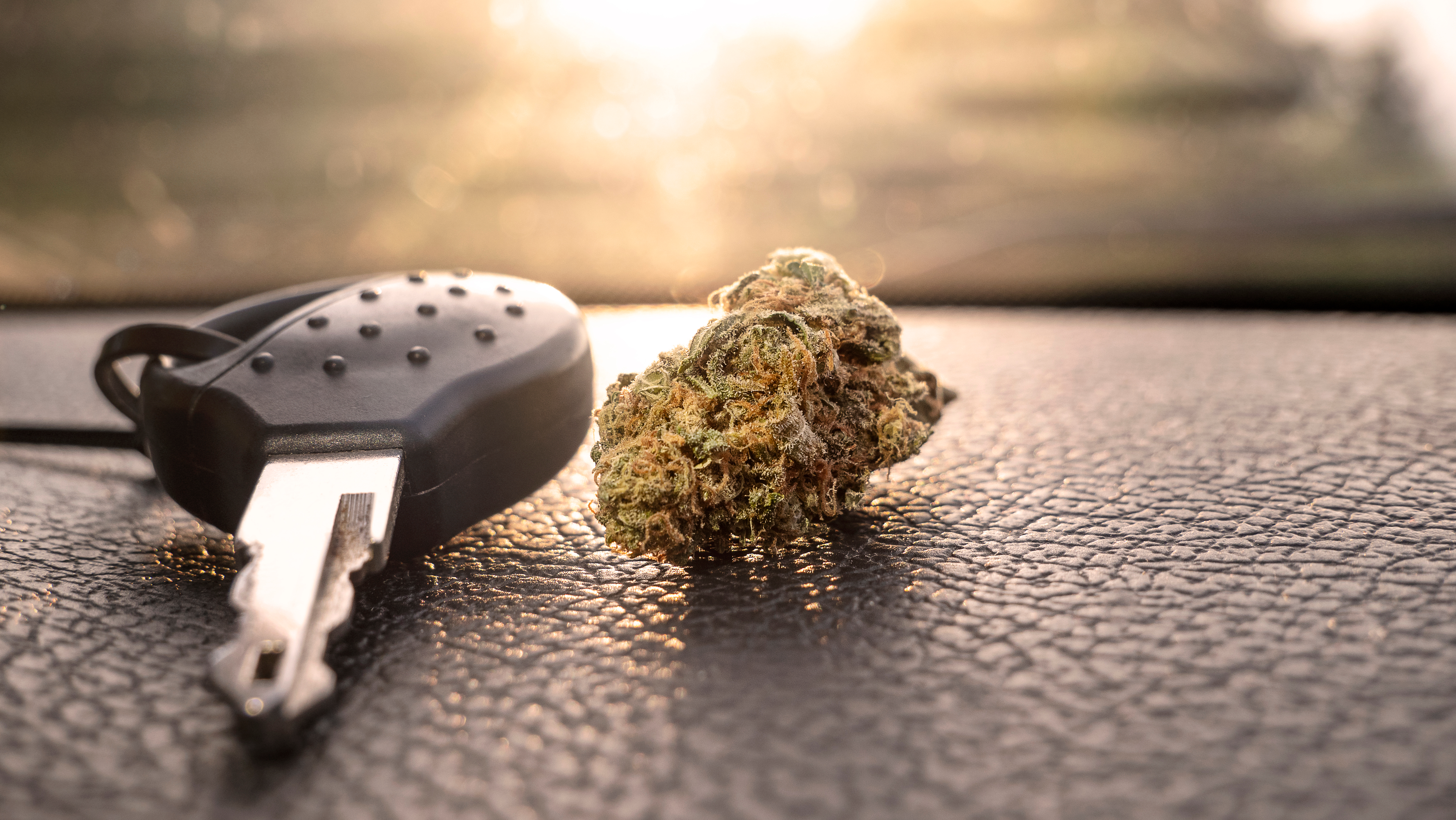With a proven track record for over 20 years, our criminal defence lawyers have achieved section 10 dismissals (non-convictions) for countless number of clients.
Getting a section 10 dismissal means that a person guilty of a criminal or traffic offence will avoid a driver licence disqualification and avoid a criminal conviction. This will also maintain the freedom to travel overseas and apply for and get jobs that require background checks.
A s10 dismissal give you back your freedom and peace of mind to continue your life without the bad stigma of a criminal conviction.
Our senior traffic and criminal defence lawyers specialise in section 10 dismissals. With over 20-years of experience, we know exactly how to maximise your chances at achieving a section 10.
FAQ
This is a section 10(1)(a) order and is the most lenient type of penalty a Magistrate or
Judge can give if guilty of a criminal or traffic offence in NSW.
It results in a non-conviction and dismissal of the charge(s) without any conditions. It also means that you will not be disqualified from driving and you will not lose demerit points for any traffic offence.
The Magistrate or Judge can give this under s10(1)(a) of the Crimes (Sentencing Procedure) Act 1999 (NSW).
A s10(1)(a) will mean you can say ‘no’ whenever asked ‘do you have a criminal conviction?’.
A section 10 non-conviction can also be available for a person guilty of a criminal or traffic offence under section 10(1)(c) of the same Act. This can be obtained if the Judge or Magistrate believes that it will reduce the likelihood of re-offending by imposing a condition that you participate in an intervention program to promote your treatment or rehabilitation.
A Judge or Magistrate can only impose an intervention program as a condition under
s10(1)(c) if satisfied that:
- You’re eligible to participate in it; and
- You’re a suitable person to participate in it; and
- That the program is available in the area you will be living.
To determine these things, the Judge or Magistrate may order an assessment report,
which may take up to 8 weeks to obtain. If this assessment report says that you’re
suitable then it is more likely the Judge or Magistrate will make the order in your
favour.
The Magistrate or Judge will more likely give you a s10 non-conviction if one or more of the below factors apply to you:
- Good Character and Clean Record: You’re considered a person of good character with no previous criminal record. It’s important to produce compelling good character reference letters from people who know you for the Court to read. These reference letters can express all the great things you have done. Each good character reference letter should be well structured, be up to 1 page in length and each letter should express the main points that go towards convincing the court to give you a s10. For these reasons, it’s important to have an experienced criminal or traffic lawyer review each letter before handing it up to the Court.
- Mental Health: The law generally requires a Judge or Magistrate to give a lighter punishment (such as s10 dismissal) If you were suffering a mental illness, such as depression, PTSD disorder etc at the time of the offence. The reason for this is because the law places less emphasis on punishing you or using you as a vehicle for deterrence to others where your offending conduct was contributed by your mental condition at the time. The more your mental condition contributed to committing the offence, the more lenient your penalty will likely be. This means a greater chance at a s10 dismissal. A compelling expert psychologist report can express all these points in the best possible way to prove your mental condition which can significantly improve your chances at convincing the court to give you a non-conviction. It’s important to get a psychologist report from a well-respected and experienced expert psychologist or psychiatrist. Further advantages of getting a properly drafted psychologist report favouring a s10 is that it can express other important things that can increase the chances of a s10 dismissal. For example, if the expert report expresses that you’re unlikely to re-offend, your remorse, your insight and good prospects of rehabilitation, then a Judge will more likely be persuaded towards giving a s10 dismissal.
- Young Age: If you were young at the time of the offence, which reflects your immaturity at the time of the offence. Court’s understand that young people make mistakes in life.
- Good Explanation: A compelling explanation for committing the offence, without providing any justification for your actions. This can be better expressed in an expert psychologist report or affidavit.
- Insight and Remorse: Your expressions of genuine remorse and insight into your offending. This can be demonstrated by producing an apology letter and good character reference letters. If your remorse and insight has been shown, then the Judge or Magistrate will more likely believe that you’re unlikely to re-offend which will increase your chances of a s10. This can be better expressed in an expert psychologist report or an affidavit.
- Objective Seriousness of Offending Conduct: The penalty will likely be lighter if the nature of the offence you face is considered trivial (less serious).The police facts sheet becomes very important here because it provides details of how the offence took place by you. You can try to negotiate this document with police to change it before it’s handed to the court.There are different levels of seriousness for each individual offence. for example, a charge of common assault can include a push or a punch. A push is considered less serious type of common assault than a punch. This means, an offence of pushing someone is more likely to result in a section 10 dismissal.Sometimes, police will give a version to the Judge in the police facts that is far from the truth. This will likely make you look worse than it should. In such situations, it’s critical to first negotiate the facts with police before proceeding to sentence and allowing the Judge to read the police version of facts. By changing the facts to what really occurred, how it occurred, you can put yourself in a much better light in front of the Judge who will then more likely give a section 10 dismissal.A good criminal lawyer can find all the holes in the police evidence and use that to strategically negotiate a change of the facts or get the charges dropped or downgrade to something less serious- increasing your chances of avoiding a conviction even on a plea of guilty.
- Extenuating Circumstances: Any compelling or ‘extenuating’ circumstances of committing the offence can increase your chances of a s10. This includes a compelling explanation or unusual circumstances in which you committed the offence in. For example, for assault offences, provocation will likely reduce the penalty. For traffic offences, driving in a state of emergency can significantly increase your chances of a s10. For drug offences, supply or using drugs as a result of a chronic drug addiction where you were self-medicating with drugs can significantly increase your chances of a s10. It’s important to strictly avoid any attempts to justify your offending conduct (distinct from an explanation).
- Any Other Matter the Court Thinks Proper to Consider: The Judge or Magistrate can look into other relevant factors in determining whether to give a section 10 dismissal or non-conviction, including:
- The consequences of a criminal conviction on your job
- Your ability to get a job
- Your family life and ability to pay expenses
- The impact on people that depend on you
- The impact on your employer and likely financial loss to that employer
The courts acknowledge that the legal and social consequences of a conviction often extend beyond any penalties a court imposes.
The chances of getting a s10 dismissal can be significantly improved if you’re able to provide evidence as to the effects of you getting a criminal conviction.
For example, in a criminal case, if a conviction will cause you to be dismissed from your job, it’s a good idea to get a letter from your employer or employment contract that expresses this. The letter can also outline that you’re subject to background checks at work if relevant, impact of your dismissal on your employer from a financial point of view.
A further example in a traffic case is if a licence disqualification will cause you to be dismissed from your job, it’s a good idea to express this in a letter from your employer (or if it’s expressed in your employment contract).
If you have dependants who financially rely on your income, then perhaps obtain a 1 page reference letter from those people outlining the extent he/she is dependant on your job and/or driver licence.
For a further outline on how to get a s10 non-conviction, read our blogs on:
Yes you can get a s10 even after you are found guilty after pleading not guilty in court. The problem is the chances of getting a s10 in this situation is far less than had you pleaded guilty earlier in your case.
This this reason, to maximise your chances at getting a s10 it’s important to get quick realistic advice from an experienced specialist criminal or traffic lawyer.
Technically a s10 is available to all offences, including drink driving, assault, fraud, indecent assault, and drug offences. However, you will not likely ever get a s10 non conviction for very serious offences such as murder. On the other hand, you are more likely to get a s10 non conviction for an assault involving a slight push.
A s10 non conviction is generally available for all offences depending on how serious or trivial it is. It depends on a closer look into the actual offending behaviour and surrounding circumstances. It also depends on, for example, your motive for committing the offence, whether you were provoked or misled, whether you were suffering a mental condition at the time and your judgment was impaired.
The Judge will weigh on the one hand, how serious the offending behaviour of your offence was and the purposes of punishment, while on the other hand, the Judge will weigh all those other factors discussed above in addition to the effect of a conviction on your life.
One of the main things the Judge will look at in considering to give you a s10 non conviction is whether you have any pervious criminal convictions. Someone with no prior convictions is more likely to get a s10 than someone who does.
There are certain circumstances for certain offences where the Judge is not allowed to give a s10 non conviction. For example, under s 203 Road Transport Act 2013 (NSW), the Judge cannot give you a s10 non conviction if you received a s10 in the last 5 years for certain offences, including:
- Drink driving
- Negligent driving where death or grievous bodily harm results
- Driving at a speed or manner dangerous, furious or reckless driving.
Judges also have restrictions on giving s10’s where there are guideline judgments passed by higher courts that require all courts to exercise significant caution and reserve s10’s to very rare situations. An example is the high range drink driving guideline judgement which generally tells all courts that a s10 should be rarely given, for example, in extenuating circumstances. It also says that s10 should be even more rarely given to offenders who have previously committing the offence in the last 5 years.
The Court can require you to return to court if there is a suspicion that you’ve failed
to comply with an intervention program order under s10(1)(c).
If the court becomes satisfied that you breached the intervention program condition
of the order, then the Judge or Magistrate can do either one of the following to you:
- Take no action against you, which means that your current s10(1)(c)
intervention program order will remain the same; or - Revoke your intervention program order under s10(1)(c). This can then result
in you being re-sentenced with a criminal conviction for the same offence.
Short answer to this is you will not incur demerit point if you ever get a s10 for a traffic offence, including drink driving, speeding and negligent driving. You will only incur demerit points if convicted.
You generally have a better chance at getting a s10 non conviction by pleading guilty early in the case. The earlier you enter a plea of guilty, the higher the chances are of avoiding a criminal record. This is because the law automatically gives you a 25% discount off the sentence the Judge gives. This means a more lenient outcome and better chances of s10. The reasons for this includes a recognition that you have saved Court time and taxpayers money. It is also a reflection of leniency from your early plea of guilty expressing remorse, which allows the Judge to give you more leniency.
A section 10 non conviction does show up on your record. It also shows the offence you received the s10 for. However, it means you have no conviction. This also means you can tick no next to any question of whether you have a criminal conviction.
-
Good Character Reference Guide for Court
Good Character Reference Sample for Criminal & Traffic Offences
-
How to Write an Apology Letter for Court
How to Write an Apology Letter for Court








